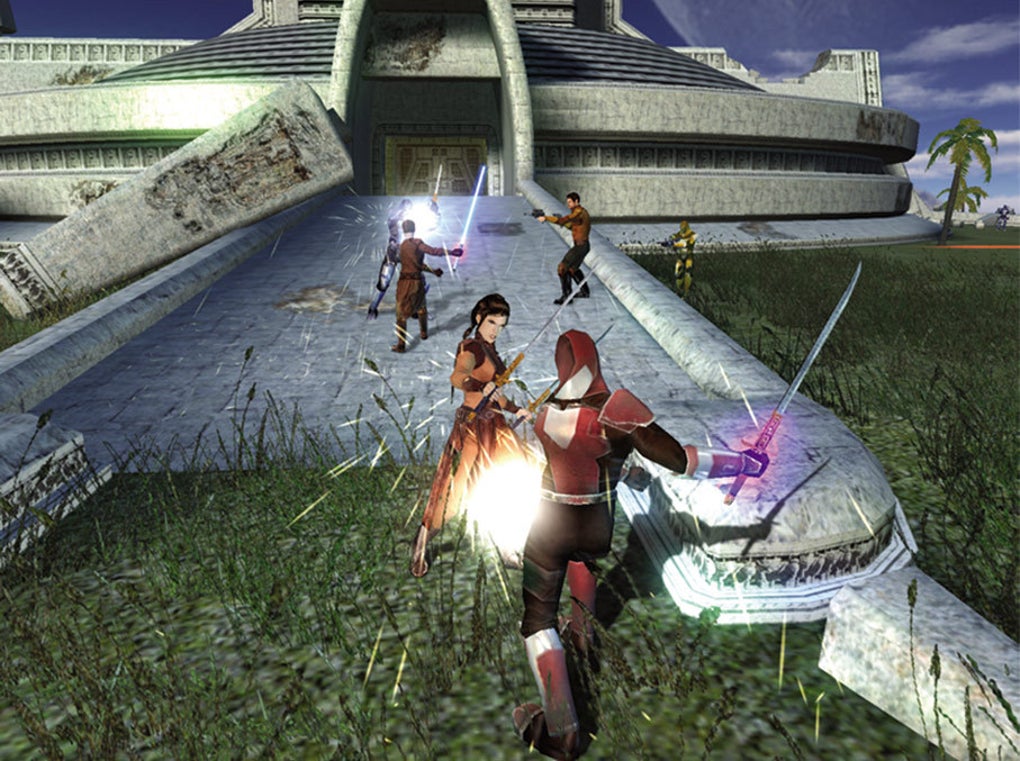Today, Thanks to Mac App Store and game providers such as steam, Gaming on a Mas is continually becoming better and better with time. With all the games available for Mac, still, finding the best one still remains a chore than it should be. One of the corner stones of gaming is the RPG type or the Role Playing Games.
As part of this longer post on my purchases from the Mac App Store over the last seven years, one particular bit really struck me: Based on my purchases, at least, there are a a lot of rarely-updated apps—and games in particular—in the Mac App Store.
Of the 116 purchases (or free downloads) I've made since the App Store opened, 90 are still available in the App Store today. At first glance, that seems pretty good—78% of what I have is still in the App Store. But it doesn't look quite so good if I examine when each of those 90 apps was last updated:
Yes, 51 of those 90 apps (57%) have been updated within the last year, and that's good. But what's not good is that the remaining 39 apps (43%) haven't been updated in at least a year—and of those 39 apps, 21 of them (over half!) haven't been updated in four or more years.
Digging into those 21 apps reveals that four of them are utilities, five are general use apps, and 12 of them are games.
The non-updated non-games
For the nine utilities and general use apps, not being updated in that many years means those apps aren't taking advantage of any new macOS features, they haven't updated their appearance to match Apple's evolving trends, and they may have new-macOS-related bugs that haven't yet been fixed. In my testing, though, all of these apps still ran just fine—just possibly lacking features and interfaces they'd have if they were updated.
It's possible that app sandboxing is preventing some of these apps from being updated: If they can't be sandboxed, then they can't get any updates that add new features. So they sit in the store, unable to be properly updated yet allowed to continue to be sold (as they predate the sandboxing requirement; we have a couple apps of our own in this category).
Beyond sandboxing issues, perhaps the apps' sales figures don't merit the effort needed to update, or the developers have moved on, or whatever. These apps, generally speaking, probably could be updated but haven't been for whatever reason. But the games…the games are a different story.
The problem with the games
Of more interest to me are those 12 games that haven't been updated in at least four years. In particular, eight of those 12 are still 32-bit apps, which is a big cause for concern for a couple of reasons.
Apple has said that, starting this fall, 32-bit apps 'won't run without compromise', and we don't yet know what that compromise might entail. But that's not the big problem.
This is the big problem: Apple's 64-bit requirement for App Store apps. It first states that all new App Store apps must be 64-bit after January of 2018, which won't affect these older games. But then it adds this tidbit about existing apps (emphasis added):
…and Mac app updates and existing apps must support 64-bit starting June 2018.
To me, that sounds like any 32-bit app in the Mac App Store as of June 2018 will be removed from sale—they separately call out updates and existing apps. Yikes! So why don't these developers just update their games to be 64-bit?
The problem with 64-bit and games
I spoke with a friend in the business of porting Mac games, and he explained some of the difficulties they're facing.
First off, many 3D games rely on the Havok Physics engine. Older games used an older version of the engine, which was given to porting companies only as a 32-bit binary. Those older games can't be updated to use the newer Havok engine without a major rewrite, nor can the engine be recompiled as 64-bit (because they only have the binary). Hence, those older games are stuck and will never have a 64-bit version.
Games that don't face issues with the Havok (or other bundled) engine still have troubles. If there's a multi-player component, there can be compatibility issues if the Mac app is 64-bit and the Windows version is 32-bit. Also, if the Windows source was 32-bit, generally the Mac version was kept at 32-bit too, because it's non-trivial to update the original code to 64-bit.
Things have changed a bit recently, as Apple's Metal is 64-bit only, but offers some nice performance increases. If a particular game will benefit greatly from Metal, the porting company will probably take on the work required to convert it to 64-bit.
Will older games be converted?
From talking with my friend, it would appear that older games using the old Havok engine won't ever (can't) be udpated. For other games that can be updated, the porting companies are faced with a time/money/resources question: Will converting an older game to 64-bit drive enough incremental revenue to make it worth the time and money involved in doing that conversion?
On a pure revenue basis, I find it hard to imagine the answer is 'yes,' because these are all older games. Old games aren't huge sellers to begin with, so it's doubtful that a sales pitch of 'Now in 64-bit!' is going to move many units.
Those who already own the game won't generate any additional revenue, yet they're the ones likely to complain the loudest when those games vanish or stop working. There's some value in keeping existing customers satisfied, but when it comes with a real world cost, that's another decision to be managed.

I imagine that each porting company will look at their top revenue-producing titles and some of those will get converted—some additional revenue will result, and some positive press may be gained. For the rest, though, we're probably looking at the end-of-life for a number of games—much as we saw with the PowerPC to Intel transition.
So if you enjoy games from the Mac App Store, you might check if they're still 32-bit. If they are, you might want to get some play time with them now, in case they disappear in June and/or stop working 'without compromise' this fall.
Related Posts:
How to get apps
Best Free Rpg Games Mac App Store
- On your iPhone, iPad, or iPod touch, open the App Store app.
- Browse or search for the app that you want to download. If you find a game that says Arcade, subscribe to Apple Arcade to play the game.
- Tap or click the price or Get button. If you see the 'Open' button instead of a price or Get button, you already bought or downloaded that app.
In the App Store, if an app has a Get button instead of a price, the app is free. You won't be charged for downloading a free app. Some free apps offer in-app purchases and subscriptions that you can buy. Subscriptions and in-app purchases give you access to more features, content, and more. Learn more about in-app purchases and subscriptions.
How to find apps that you bought
You can find your apps in your App Library.
If you bought an iMessage app, you can find the app in Messages.
You can also see a list of apps that you bought and redownload them. When you redownload an app, you don't have to pay for it again.
If you can't find the App Store

If the App Store is missing on your device, you might have parental controls turned on. Adjust your iTunes & App Store Purchases settings and make sure that you choose 'Allow' for the Installing Apps setting. The App Store should reappear on your device.
If you still can't find the App Store, search for it.

If you have an issue when you download apps
To buy apps from the App Store, you need an Apple ID and a payment method. If you’re only downloading free items, you still might need to keep a payment method on file.
- If you can’t download apps because your payment method was declined, update or change your payment method.
- Can’t sign in to the App Store? Learn what to do if you forgot your Apple ID or your Apple ID password. Or if you don’t have an Apple ID, learn how to set up an Apple ID.
- If you have trouble downloading an app that's larger than 200 MB over cellular, open the Settings app. Tap App Store, tap App Downloads, then tap Always Allow.
Mac App Store Rpg Games Ps4
If an app does not work
- Learn what to do if an app closes unexpectedly or won't open.
- If an app isn't working as expected, you can contact the app developer. Or report a problem to Apple.
Mac App Store Games
Learn how to buy and use apps on other Apple devices
Download App Store For Mac
- Download apps on your Mac.
- Download apps on your Apple TV.
- Download apps on your Apple Watch.